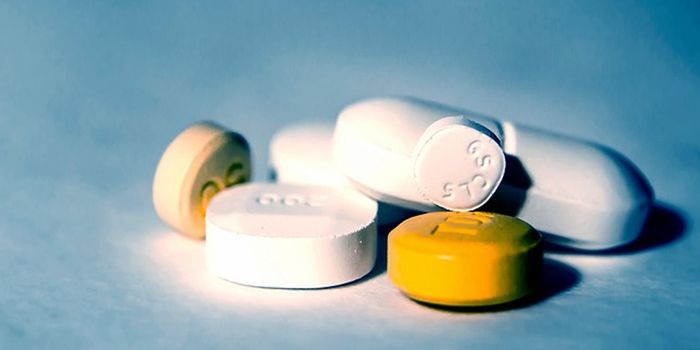Reversing Heart Scarring to Alleviate Congestive Heart Failure
Pulmonary fibrosis can inhibit breathing due to scarring in the lungs. However, fibrosis is not limited to the lungs; it can affect the kidneys, the skin, and the heart. The latter is the subject of a new study from the Medical University of South Carolina (MUSC).
A collaborative team made up of two pulmonary fibrosis specialists and multiple congestive heart failure scientists studied a caveolin-1 surrogate peptide called CSD, which the pulmonary fibrosis specialists had examined as a therapeutic option for fibrosis in the lungs and skin. If it worked in these organs, they hypothesized, maybe it works in a scarred heart too.
“Currently, there are no therapeutic options for congestive heart failure that specifically target the causative cardiac fibrosis. Everyone is looking for this," said MUSC scientist Dhandapani Kuppuswamy, PhD.
“Fibrotic diseases are related to each other no matter the affected organ. In our case, we were studying lung and skin fibrosis," explained Stanley Hoffman, PhD. "We got the opportunity to test the same reagent in heart fibrosis and, lo and behold, it worked even better than in lung and skin fibrosis models.”
Kuppuswamy, Hoffman, and the rest of the team designed a preclinical study of cardiac fibrosis, a condition characterized by scarring of the heart muscle that leads to congestive heart failure due to a stiff muscle and reduced heart pumping efficiency. Specifically, they used a transverse aortic constriction mouse model that mimicked cardiac fibrosis.
CSD treatments stopped the development of fibrosis in its tracks and reversed some of the damage done, leading to improved ventricular function. “And there are plenty of other diseases with a fibrotic element to them where we think the CSD peptide might be useful,” Hoffman said.
Along with improved heart function and a reduction in fibrotic thickness of the ventricular wall, CSD showed no apparent toxicity or adverse effects on unintended targets. Next, the scientific team is planning larger preclinical studies, followed by large-animal studies required for human clinical trial consideration. The present study was published in the journal Laboratory Investigation.
Sources: Medical University of South Carolina, American Lung Association










